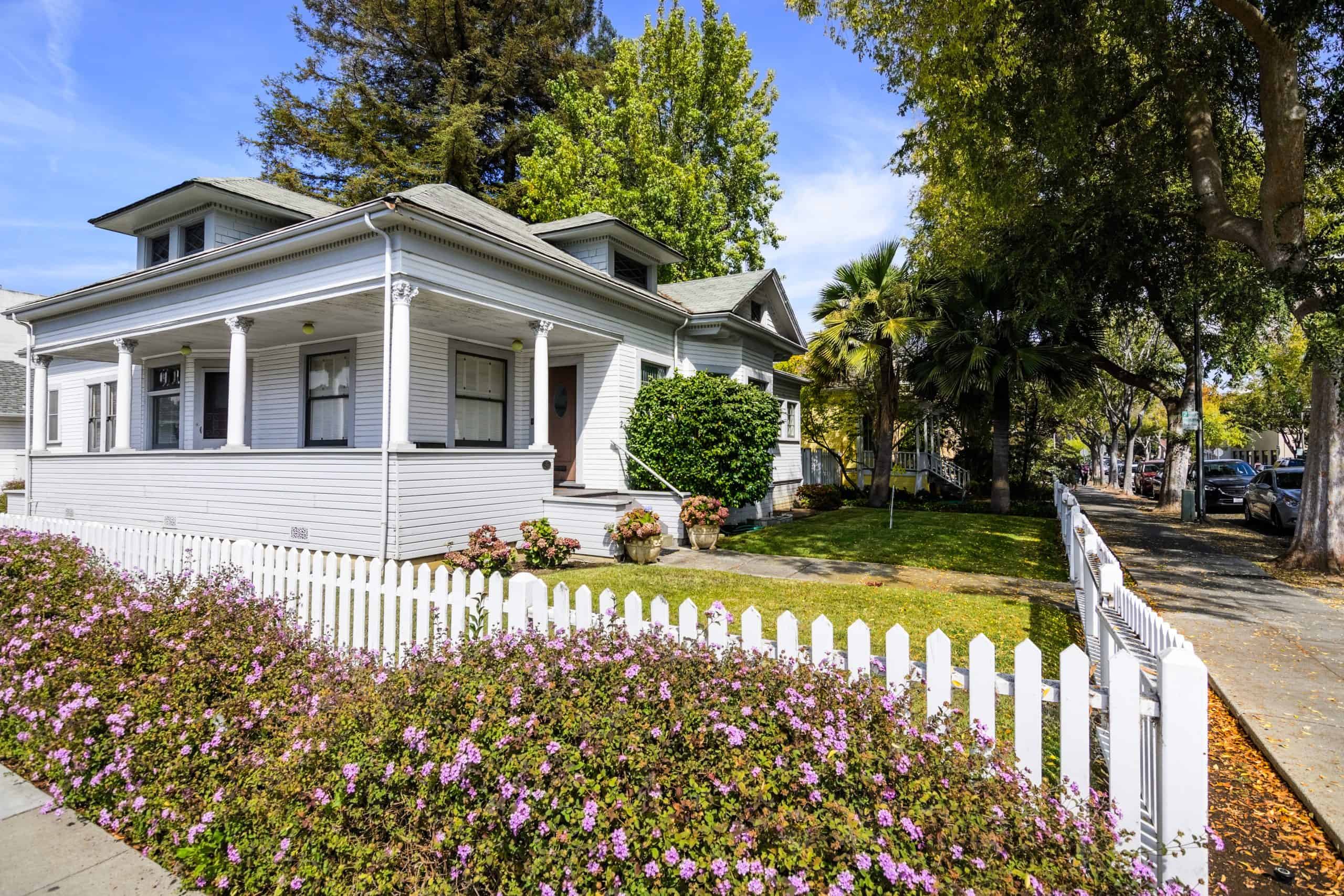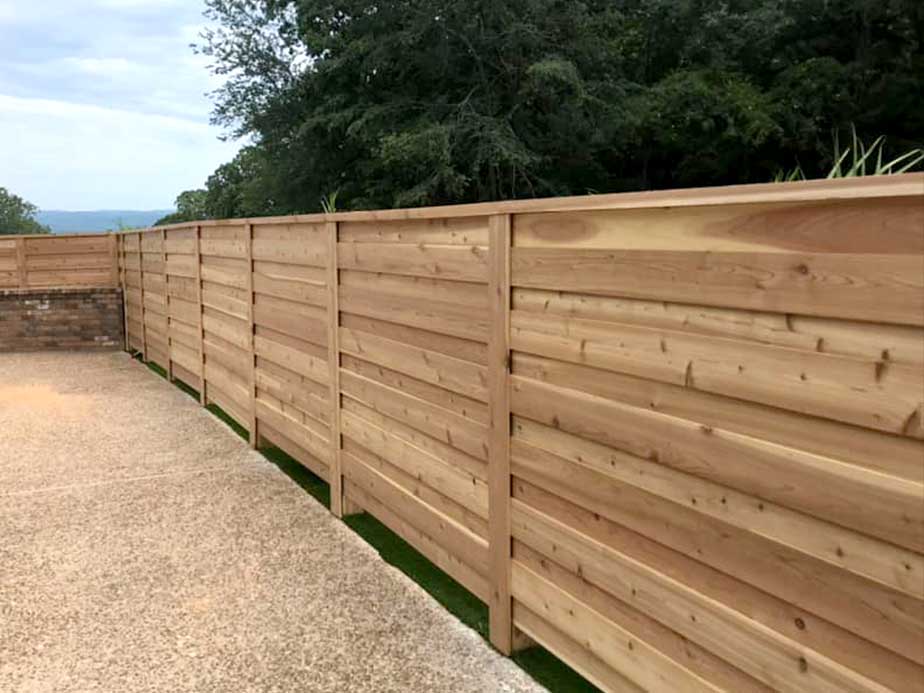All Categories
Featured

Choosing the ideal fencing product is crucial for achieving the equilibrium of sturdiness, aesthetic appeals, and performance that matches your building. Wood, plastic, and light weight aluminum are popular choices, each with one-of-a-kind functions that provide to details demands. Below's a comprehensive consider the advantages and negative aspects of these 3 products.
Timber Fence. Pros:. Ageless Allure: Timber provides a natural, classic appearance that complements different building designs. Customizable: It can be repainted or tarnished in a selection of design and colors. Economical: Timber fences are typically less costly in advance than vinyl or light weight aluminum. Eco-Friendly: As a sustainable resource, timber is naturally degradable and sustainable when sourced responsibly. Disadvantages:. Maintenance-Intensive: Needs routine discoloration, paint, or securing to protect against climate and bugs. Shorter Life Expectancy: Depending on the sort of wood and climate, it normally lasts 10-15 years. Susceptability to Damage: Prone to decaying, bending, and termite damage without appropriate treatment. Wood is optimal for homeowners who value looks and agree to spend effort and time in upkeep to prolong its life.
Plastic Secure Fencing. Pros:. Durable: Resistant to pests, rot, and weather, vinyl preserves its framework in extreme problems. Reduced Maintenance: Calls for little maintenance beyond occasional cleansing. Long Life expectancy: Plastic can last 20-30 years without considerable wear or damage. Functional Designs: Offered in numerous colors, structures, and designs, including choices that resemble wood. Cons:. Expensive Installation: Vinyl fences are much more expensive to mount contrasted to timber. Fragile in Cold Weather condition: Plastic can fracture in extreme cold climates. Difficult to Fixing: If damaged, entire areas might need substitute, which can be challenging to match. Vinyl fence is a terrific selection for those prioritizing durability and very little maintenance, also if it includes a higher in advance expense.

Light Weight Aluminum Secure Fencing. Pros:. Rust-Resistant: Light weight aluminum does not rust, making it perfect for moist or damp locations. Light-weight however Strong: Deals toughness without being overly hefty, which simplifies installation. Reduced Upkeep: Calls for little greater than cleansing and occasional repainting. Long life: Aluminum fencings can last for decades without substantial wear and tear. Elegant Styles: Frequently made use of for attractive objectives, aluminum adds sophistication to any type of residential or commercial property. Disadvantages:. High First Cost: Light weight aluminum fences are amongst the extra pricey alternatives. Restricted Personal privacy: Usually developed with open rooms, they don't obstruct sights or noise. At risk to Damages: While sturdy, light weight aluminum can be dented or bent with hefty influence. Light weight aluminum is best matched for those that desire a resilient, fashionable fencing and do not call for full personal privacy.
Making the Right Option. Each material has its weaknesses and staminas:

Wood is perfect for eco-conscious buyers and traditional appearances that do not mind maintenance. Vinyl helps house owners seeking a weather-resistant, low-maintenance remedy. Aluminum is a resilient, ornamental alternative for those that want elegance and durability. Consider your concerns-- whether it's price, appearance, personal privacy, or maintenance-- and get in touch with a fencing expert to choose the material that finest satisfies your requirements. A well-selected fence will boost your residential property for years to come.
Latest Posts
Find Brake Repair & More: Full Repair Options from Montclare Auto Repair
Published May 27, 25
1 min read
Reasons Routine Vehicle Maintenance at Montclare Auto Repair Reduces Costs
Published May 27, 25
1 min read
Discover Oil Changes & More: Full Auto Care Solutions from Montclare Auto Repair
Published May 26, 25
1 min read
More
Latest Posts
Find Brake Repair & More: Full Repair Options from Montclare Auto Repair
Published May 27, 25
1 min read
Reasons Routine Vehicle Maintenance at Montclare Auto Repair Reduces Costs
Published May 27, 25
1 min read
Discover Oil Changes & More: Full Auto Care Solutions from Montclare Auto Repair
Published May 26, 25
1 min read